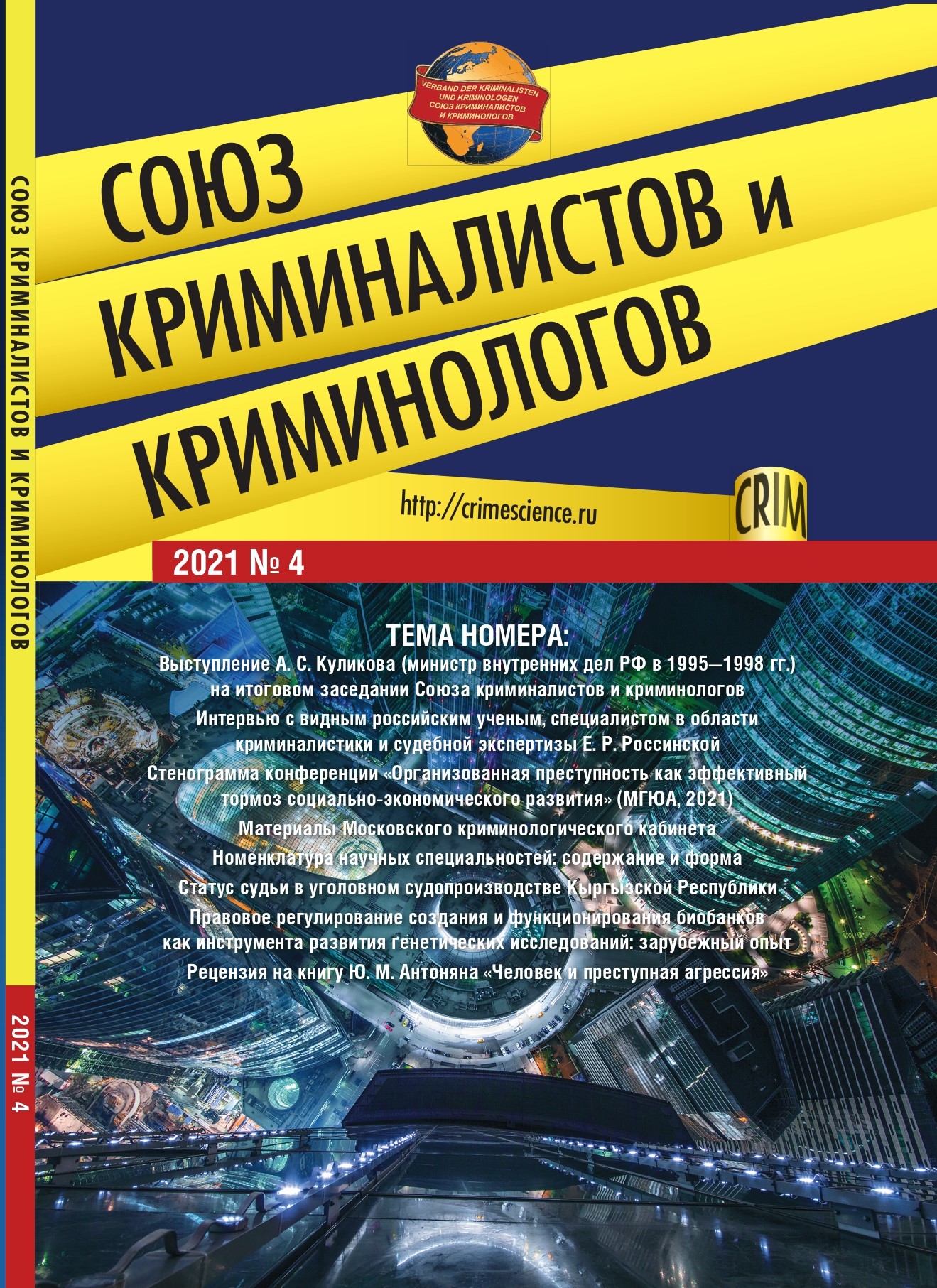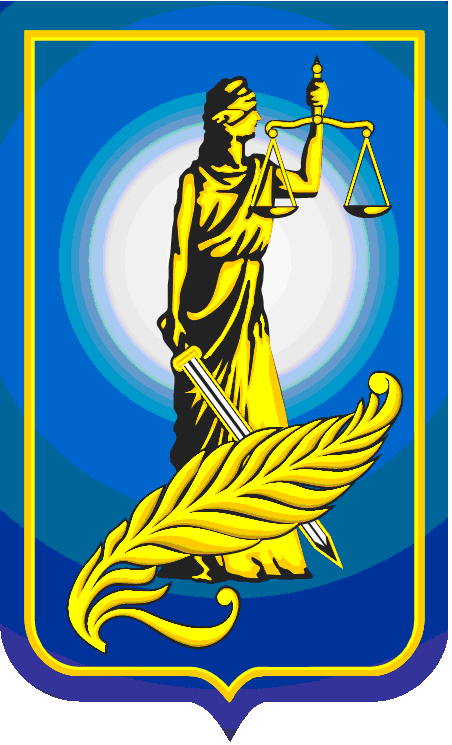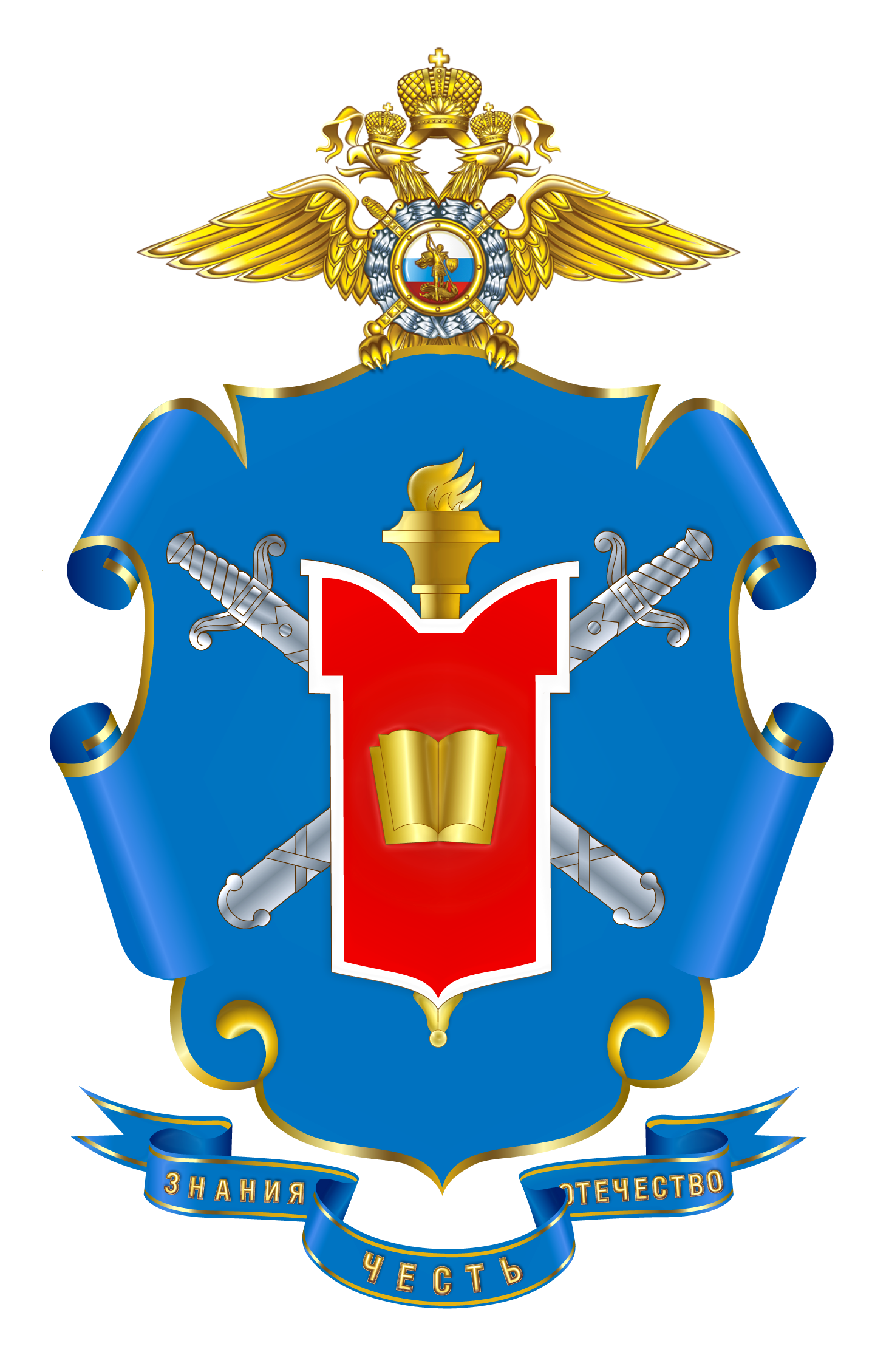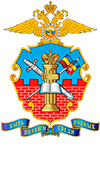On 6 August at about seven o’clock in the morning, Japanese early-warning radars detected several American aircraft heading towards the southern part of Japan. An air alert was announced. Radio broadcasts were stopped in many cities, including Hiroshima.
At about eight o’clock, the radar operator in Hiroshima determined that the number of approaching aircraft was very small, and the air alert was canceled. The standard message on the radio was reported that it would be reasonable to go to the bomb shelters.
The bomber B-29 under the command of Colonel Paul Tibbets dropped an atomic bomb “Little Boy” on the center of Hiroshima. Many stopped clocks recorded the exact time of a bomb explosion – 08:15.
People closest to the epicenter of the explosion were killed instantly. Their bodies turned to coal. People outside their homes described a blinding flash of light that simultaneously produced a wave of suffocating heat. The blast wave for everyone near the epicenter followed almost immediately, often knocking them off their feet. All but the most solid buildings were collapsing. Within a few minutes, 90% of people who were 800 meters or less from the epicenter were killed.
The number of deaths from a direct result of the explosion was from 70 to 80 thousand people. After 5 years, the total number of the deceased, including those who died from cancer and other long-term effects of the explosion, reached 200 thousand people. The number of deaths as of 31 August 2013 was 450 thousand people.
Post Scriptum
During a meeting in Los Alamos (10–11 May 1945), the Target Selection Committee recommended Kyoto, Hiroshima, Yokohama, and Niigata as targets for the use of atomic weapons.
Psychological factors played a great role when choosing a target-city: 1) to achieve the maximum psychological effect against Japan; 2) the first use of atomic weapons was supposed to be significant enough for international recognition of the country’s importance.
U.S. Secretary of War Henry L. Stimson removed Kyoto from the list of targets due to the cultural significance of the city. According to people from the Minister’s circle, Stimson decided not to bomb Kyoto because he had spent his honeymoon there.
President of the Union of Criminalists and Criminologists
Igor M. Matskevich
Translated by Elizaveta Ovchinnikova
































